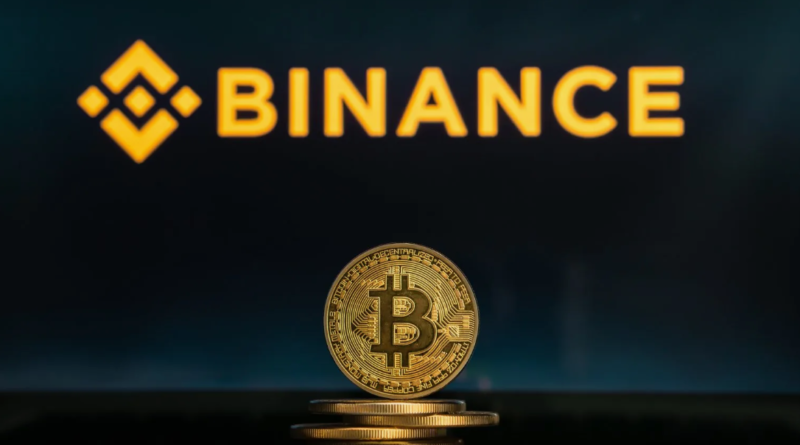Binance faces a ban in the Philippines, while its controversies in Nigeria exacerbate its challenges.
The Philippines alleges that Binance failed to obtain a license to solicit investments from the public or to establish and operate an exchange.

During a resurgence in cryptocurrency activity after a two-year lull, the world’s largest crypto exchange is grappling with legal challenges across various regions. In a recent development, the Philippines government announced a ban on Binance, citing its lack of an official operational license. This adds to Binance’s existing legal woes, as it faces regulatory scrutiny in Nigeria.
Binance has failed to obtain a license from the Securities and Exchange Commission (SEC) of the Philippines to solicit public investments or to establish and operate a securities exchange for buying and selling. This contravenes Republic Act No. 8799, also known as The Securities Regulation Code (SRC). This information was disclosed in an official notice issued by the SEC of the Philippines.
“The SEC has observed that continued access to (Binance) websites/apps poses a security threat to Filipino investors,” stated Emilio B. Aquino, Chairperson of the SEC of the Philippines.
The National Telecommunications Commission of the country has received orders to block all access to the Binance website and app. Users in the country who relied on the platform are now anxious about the security of their funds. Screenshots showing Binance-related websites no longer loading in the Philippines are circulating on social media. Individuals are reaching out to Binance’s current CEO, Richard Teng, seeking guidance during this challenging situation.
The Philippines has previously voiced concerns about Binance’s unlicensed operations, with the country’s SEC raising issues about this since November last year. Binance has yet to address this latest development. This incident represents a significant setback for the exchange, which has aimed to become the most licensed crypto exchange globally.

While Binance holds licenses in Kazakhstan, Italy, and France, it faces challenges in Australia and Abu Dhabi. Nigeria is also closely scrutinizing Binance, with reports stating that the country’s House of Representatives Committee on Financial Crimes summoned CEO Teng earlier this month over suspicions of the exchange’s involvement in money laundering and terror financing.
In a surprising turn of events this week, Binance executive Nadeem Anjarwalla evaded Nigerian authorities’ custody. He is believed to have escaped the country using a smuggled passport. Nigerian officials are currently searching for Anjarwalla.

